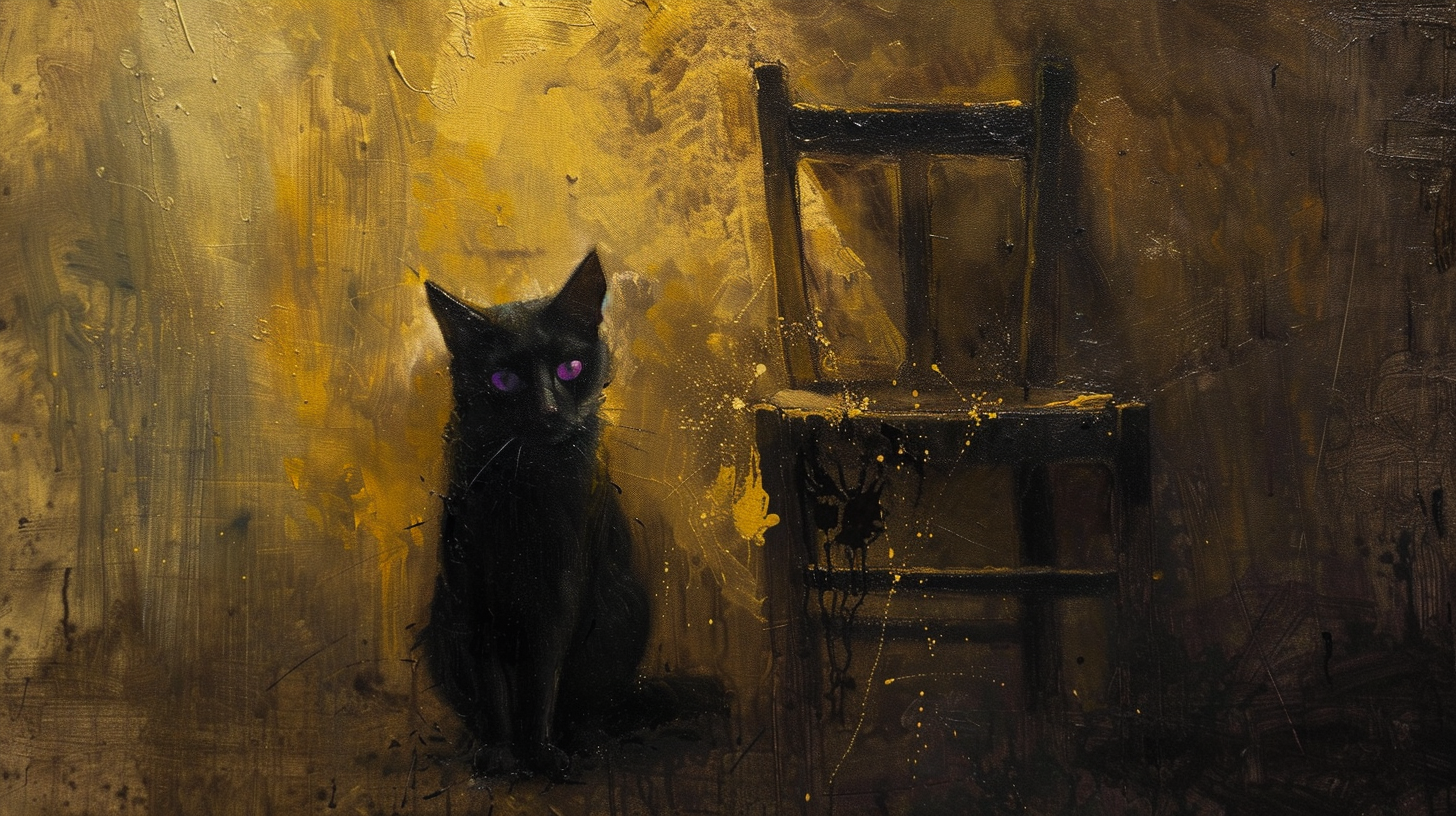Transgender Day of Visibility Is for Us All
You and I both feel pain from social trauma

This past Sunday - 31 March 2024 - was Transgender Day of Visibility. I made a tongue-in-cheek video for the occasion predicting an uproar over the idea of transgender people being visible at all (which I highly recommend you watch and then follow me on Instagram and TikTok).
As predicted, the day after, I found denouncements of "gender ideology" and obligatory gnashing of teeth over the transgender experience across mainstream media. If the media can be believed, my transgender Brothers, Siblings, Sisters and I are crazy, possessed by the devil, or worse. As a community, we were ridiculed, spat upon, and hated for being the people we know we are.
Transgender Day of Visibility, according to the media, drives a wedge between the so-called "normal" people and the transgender community. Dissenters cry, "We see you and wish you would fade into the background far more quickly than you came out."
But Transgender Day of Visibility is not a time of segregation. It is a day on which the transgender community asks not to be singled out as special, but to be recognized as common and typical - "normal," if we must use the word.
In an early article I wrote about gender dysphoria, I claimed personal experience is a prerequisite to understanding. Because you cannot experience what I do, you normals will never understand us transgenders.
I was wrong. You normals already understand our experience. You just may not realize it yet.
Admitting my mistake
The article I wrote way back at the beginning of my writing career postulated that we understand only what we can experience directly. That is, I can describe the color purple, the flavor of broccoli, or a cold sea breeze blowing hard enough to send my purple broccoli to the floor. But unless you see, taste, and feel what I describe, we cannot bond over a common understanding.
The prerequisite of experience, I lamented, is why I was destined to languish misunderstood for the rest of my days. Gender dysphoria, I wept, is simply too difficult to understand, leaving we transgender, nonbinary, or genderfluid people the only ones who really get it.
As I delved more deeply into my own experience, however, I found gender dysphoria is not only a transgender experience. It is part of the common human experience.
Each of us, I found, must engage in a process of identity and gender. Neither is metaphysically given to a human; both are discovered and manifested as our purpose for existing.
As such, regular and frequent microtraumas - gender dysphoria chief among them - are necessary as a teaching aid in any social environment. Experiencing social trauma is how we learn what it means to be part of a culture, how we integrate, how we belong. We must err in order to be corrected, which enables us to do right in the future.
Microtrauma and you
Today I believe every human - past, present, and future - has and will experience moments of mismatch between the internal sense of identity and social expectations. In every social environment, we try on an experience, get corrected by social feedback, and either change without complaint...or suffer chronic dysphoria that does not and cannot resolve.
You already have memories of gender dysphoria: trying to please a parent, a friend, a romantic interest in a way rebuffed as "not manly enough," "too girly," "not befitting a lady," among others. You already understand what I experienced, because you experienced it as well.
The only distinction between my experiences of gender dysphoria and yours is that I couldn't allow myself to give up what I wanted as easily. When you felt gender dysphoria, you let go whatever experience caused it. You changed your behavior and were subsequently praised for following social norms instead of bucking them.
I don't intend the difference in our behavior as a value statement. Frankly, I envy those boys who dismissed makeup as not for them. I wish I could have lost interest in all feminine aspects of my childhood social environment. I know my life would have been less painful. But I could not.
Instead, I was forced eventually to accept my transgender. I had to accept I am a woman. Only then could I know peace in my life. Only then could I transition to present as a woman and find a deep and lasting happiness that eluded me for 52 years.
Why visibility matters
On Transgender Day of Visibility, each of us has a different method of celebration and different reasons for why we do it. I stand up because I hope you remember what it feels like not to live up to social expectations.
I hope you remember every slight you experienced, every faux pas you made, every instance in which you were singled out for being different, for being who you are.
I hope you feel your face flush with embarrassment as your favorite shirt was ridiculed in eighth grade.
I hope you hear the jeers as you missed the tag out at third base in Little League.
I hope you taste the bitter disappointment as the crush far above your station laughed at you for asking her out.
I hope you relive your pain…
…and then I hope you remember these are not experiences of which to be ashamed. These are experiences each of us feels - each of us who must live within a social environment.
I want you to remember we in the transgender community understand your pain - as you understand ours.
Transgender Day of Visibility is for us all. I am visible to display my battles with gender dysphoria as well as my triumphs over it. I hope you see my battles and realize the shared experience brings us together, not drives us apart.
Stand up and be visible
I still believe experience is a prerequisite to understanding. But I changed my mind about gender dysphoria - you experienced it, and you can understand what I went through my entire life. You can understand what my life was like for 52 years, even if it comes from fleeting memories decades ago.
All humans are thrown into a life knowing exactly who we are inside. And all humans are forced to negotiate with our social environment to manifest as much of our identity as we feel safe manifesting.
I have no desire to make anybody uncomfortable by proudly displaying the scars of a life unlived. I want only to prove the universal nature of the human experience. But in order to do that, I must make you see it. I must stand up for you to see it.
In standing up for myself, I stand up for those unable to cast off the shackles of social expectations, whether by choice or out of fear for personal safety.
I stand up because I prove it can be done. I prove the result is worth the struggle. I prove our social environments can and must evolve.
Hear me, my transgender Sisters, Siblings, and Brothers. Hear me, my cisgender Brothers and Sisters yearning for personal expression. Hear me, my government leaders impotent to control a woman who knows herself.
Hear my primal cry:
I prove we humans are better off as a species when we discover and manifest who we are.
All it takes is to stand up and be visible. See you next year.




